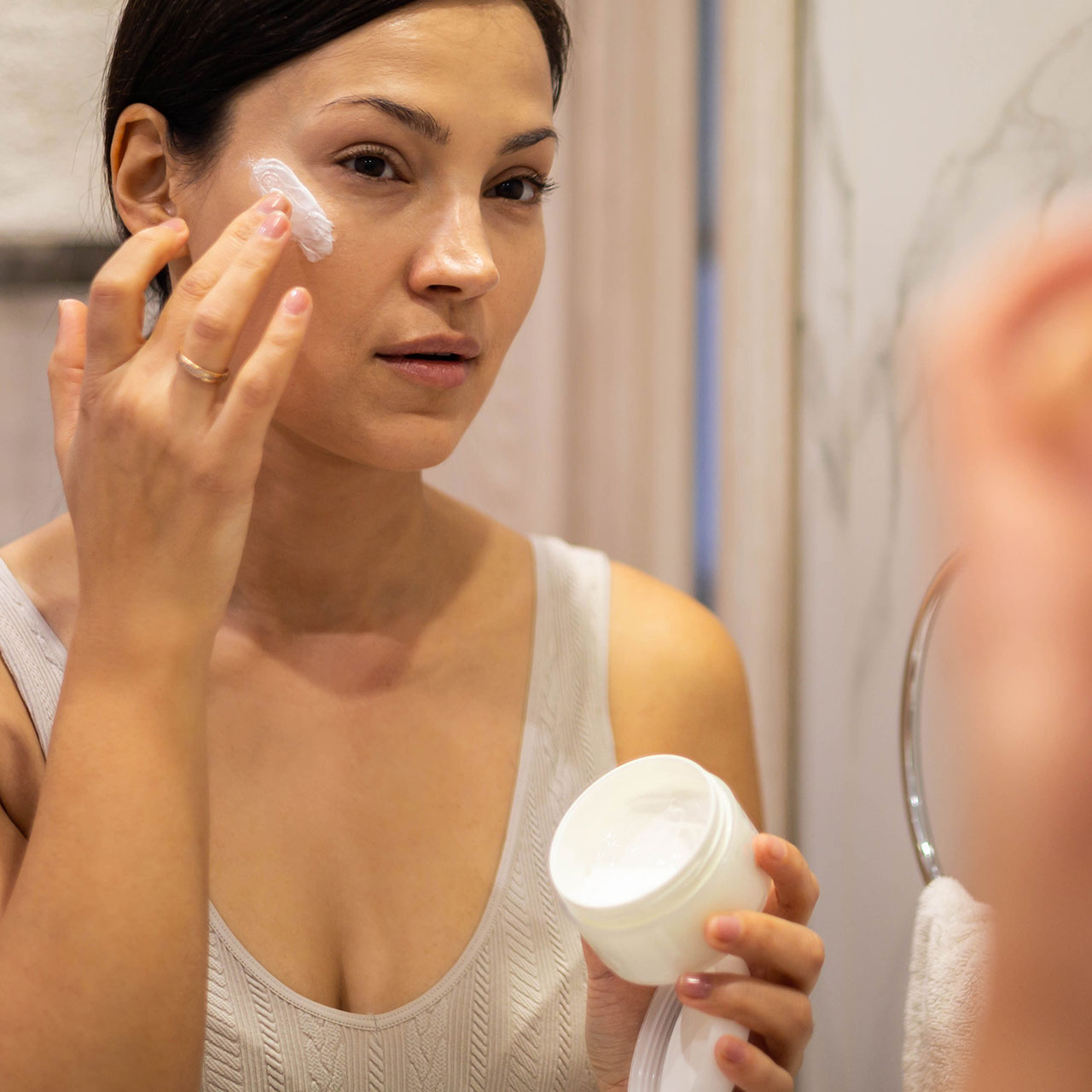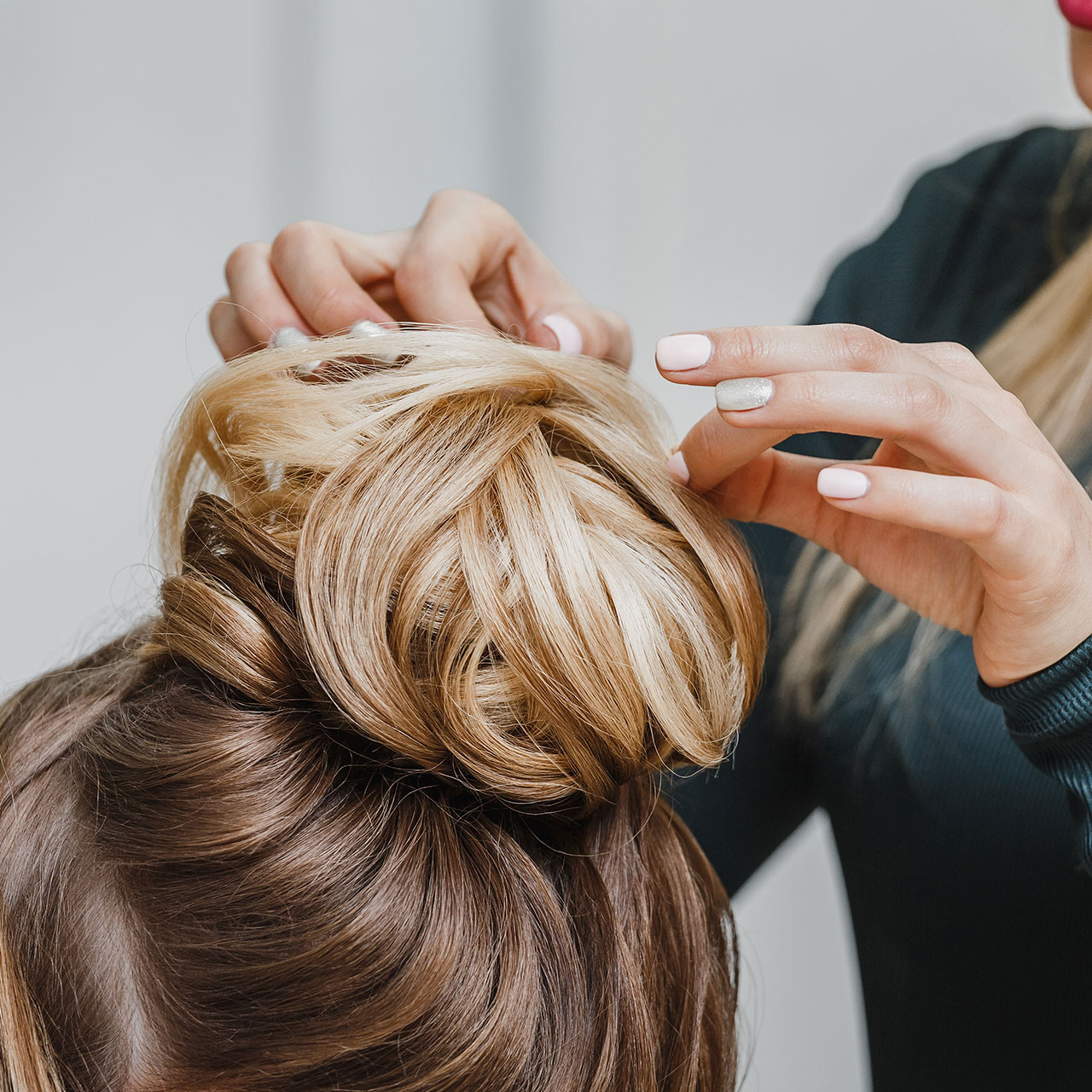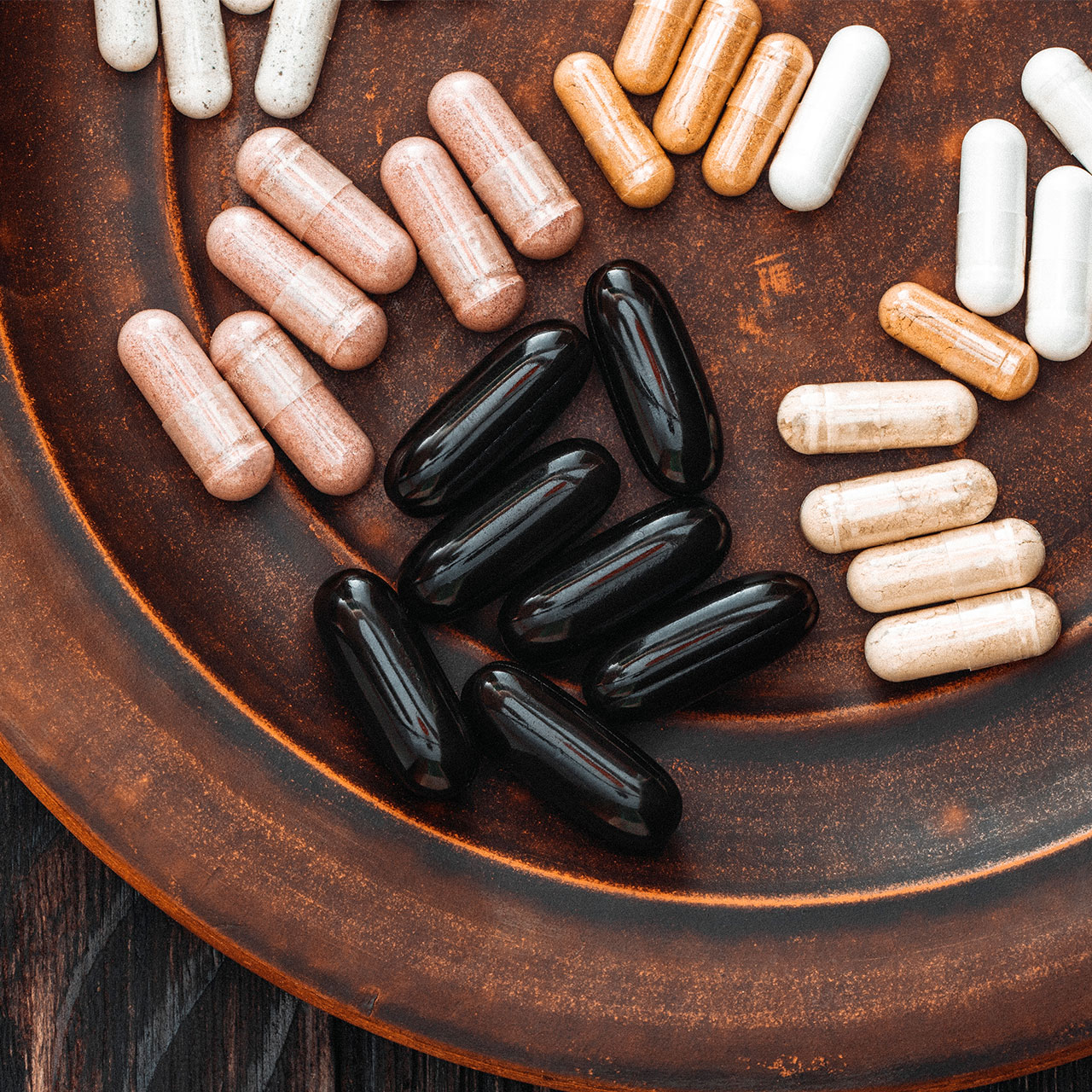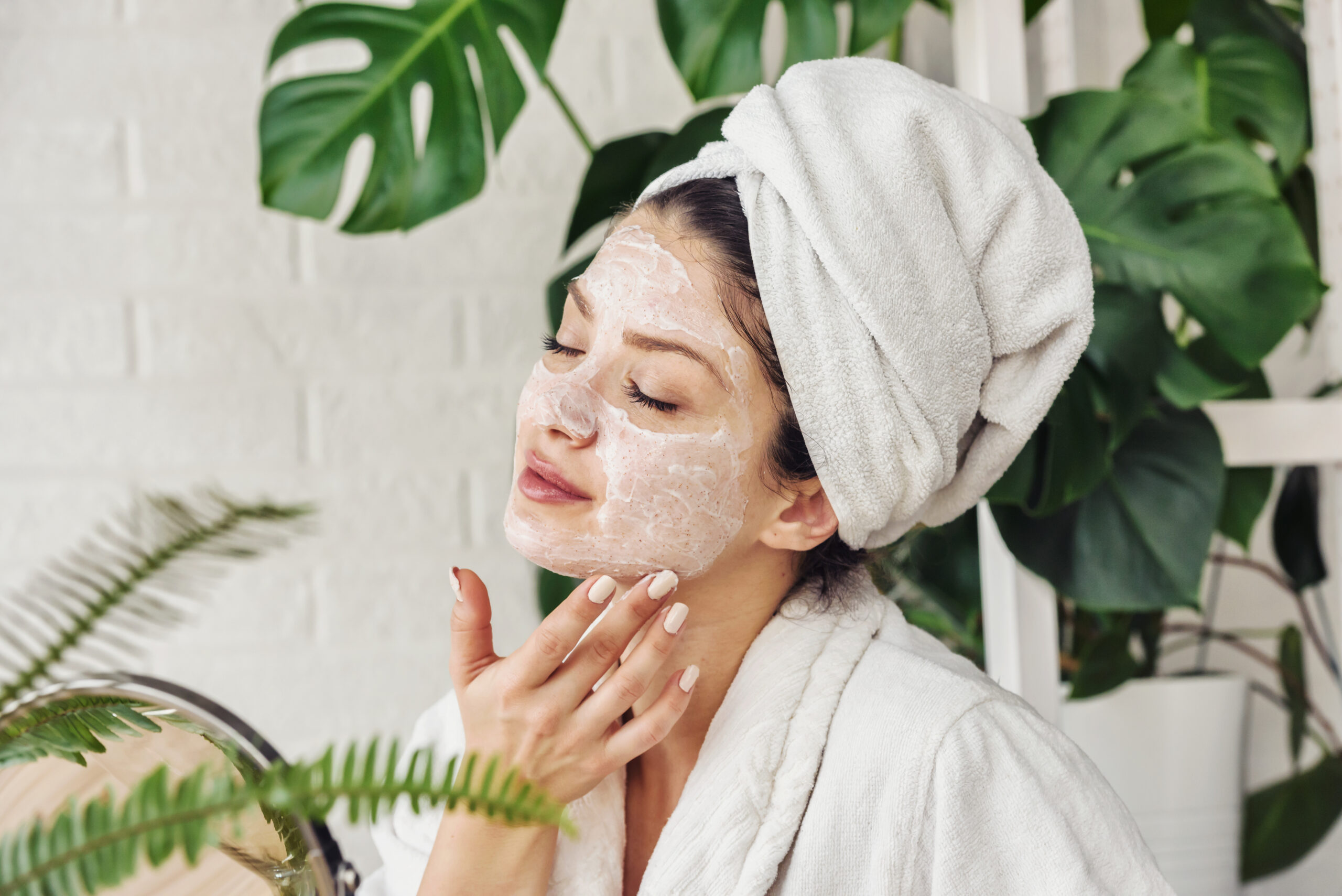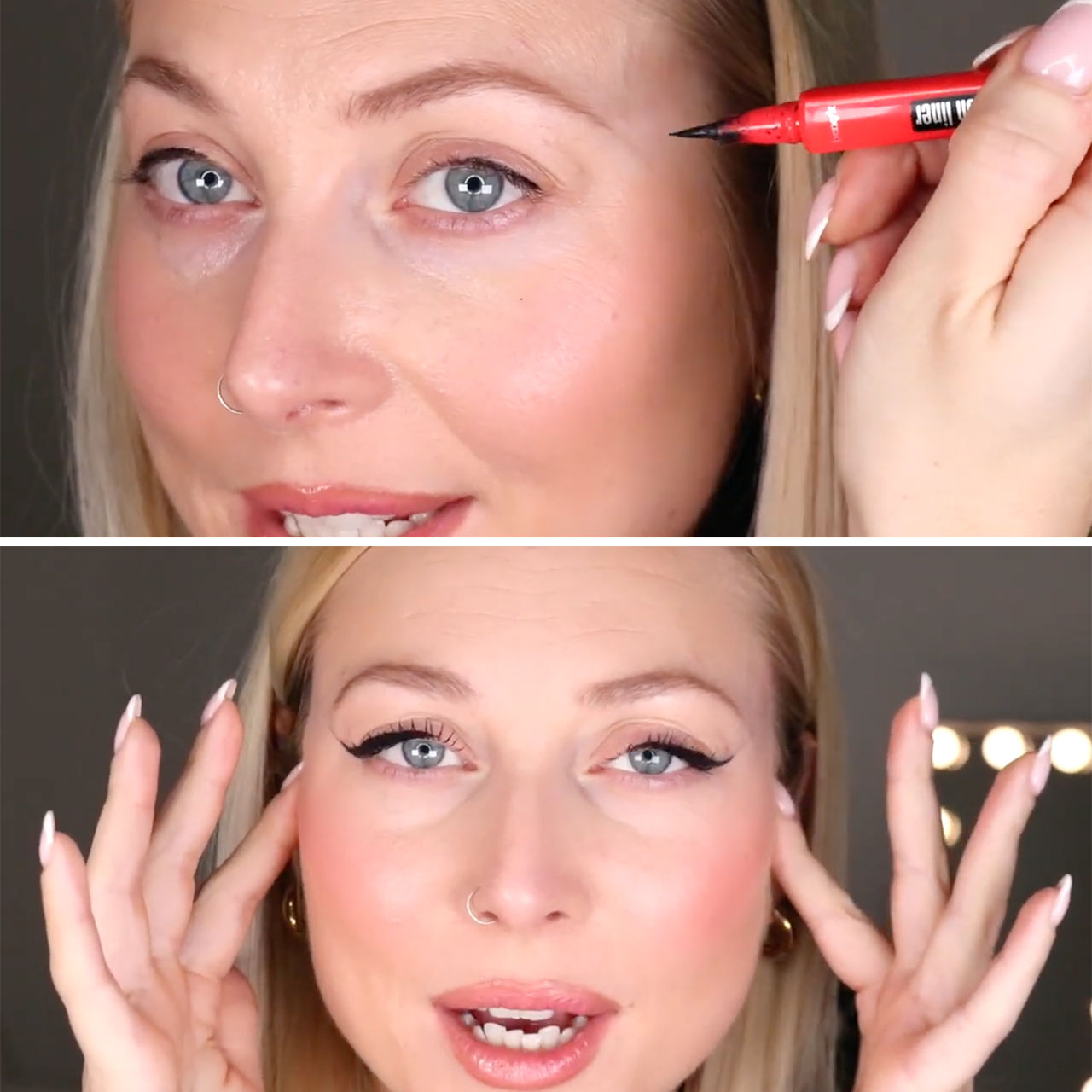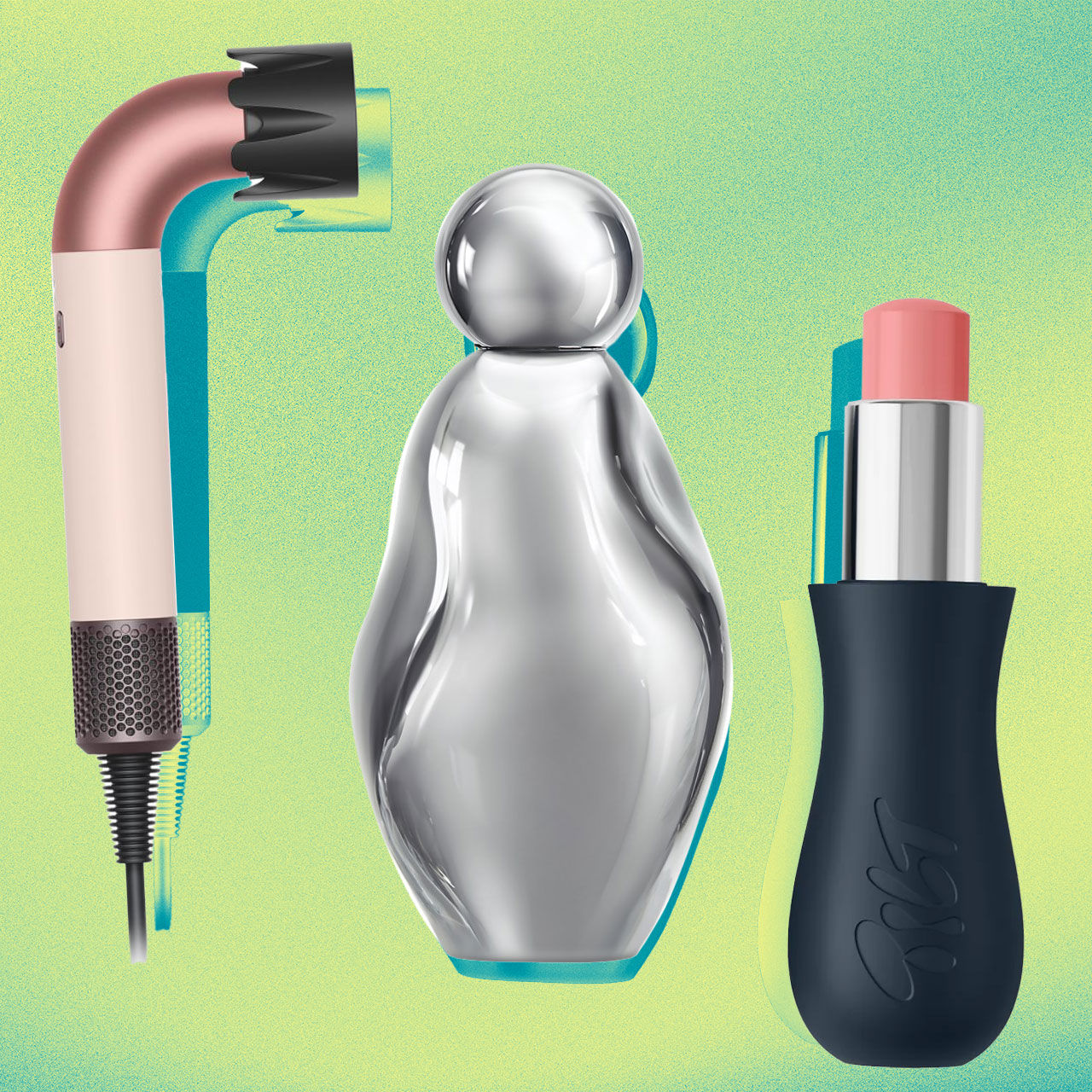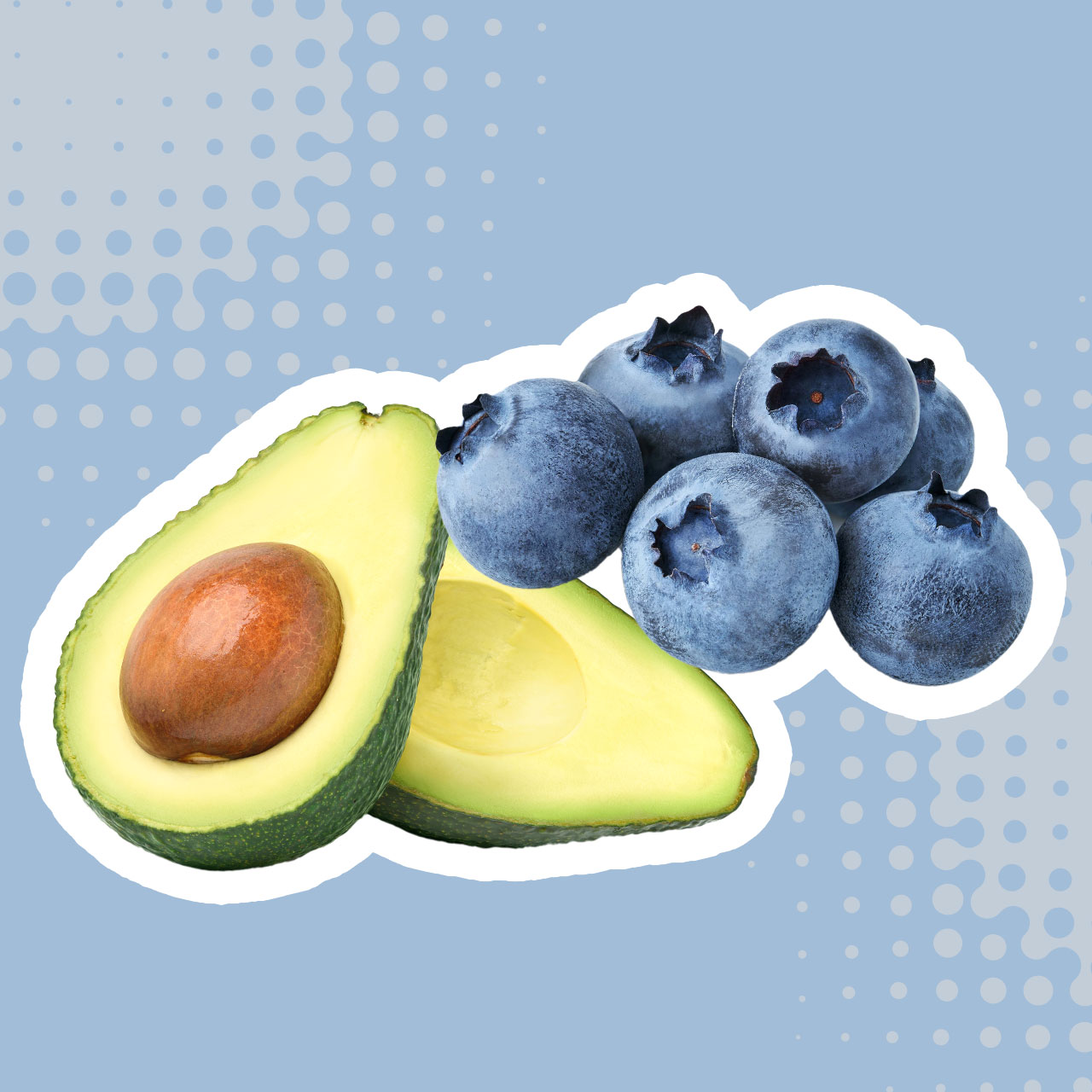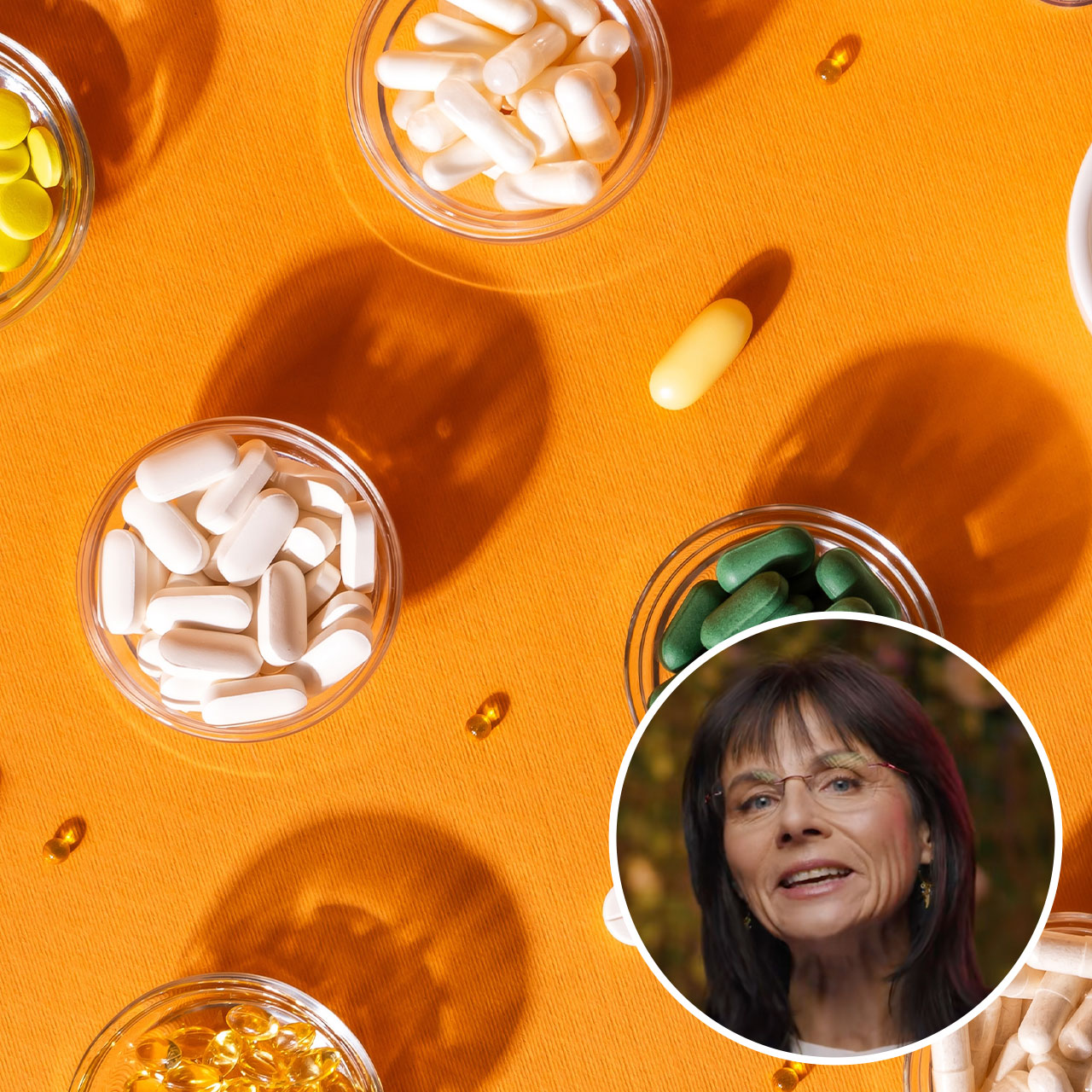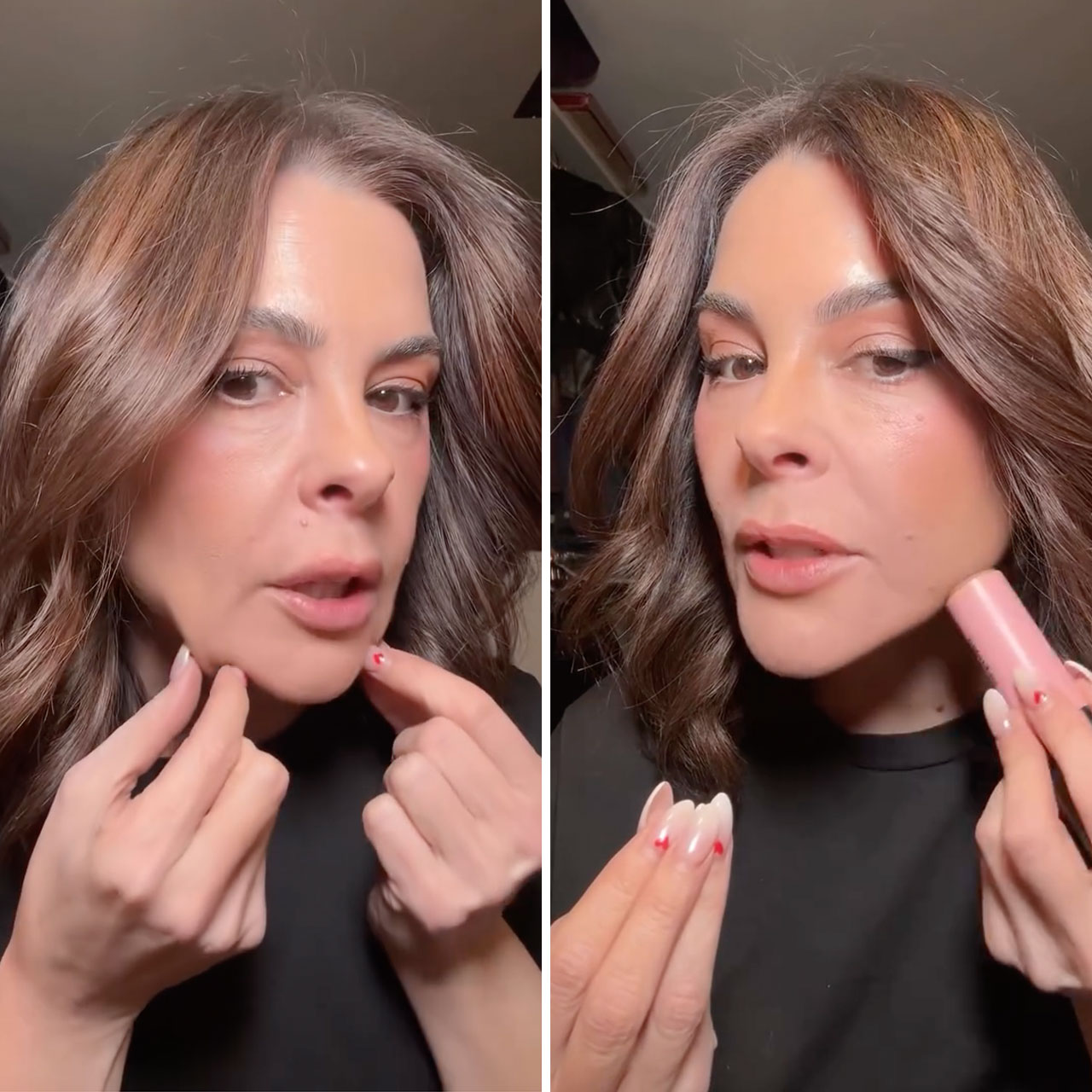Medical professionals have long supported the idea that one’s diet is directly linked to the condition of their skin, as the well-known saying goes, “you are what you eat.” To gather expert insights, we sought advice from a panel of doctors, dermatologists, and beauty specialists, all of whom provided recommendations on five types of processed foods to avoid in order to prevent skin damage and premature aging, particularly for those over the age of 40.
Read on for tips and insight from board-certified dermatologist Dr. Elaine F. Kung, MD, founder of Future Bright Dermatology, skincare expert Dr. Adrienne O’Connell, Medical Director and President of Laguna Beach Aesthetics, Dr. Simran Sethi, MD, founder of RenewMD and skin by Dr. Simran Sethi, Dr. Enrizza P. Factor, MD, dermatologist and writer at My Eczema Team, Dr. Nadir Qazi, DO, board-certified physician, cosmetic dermatology surgeon, and owner of Qazi Cosmetic Clinic and Robyn Newmark, skincare expert and founder and CEO of Newmark Beauty.

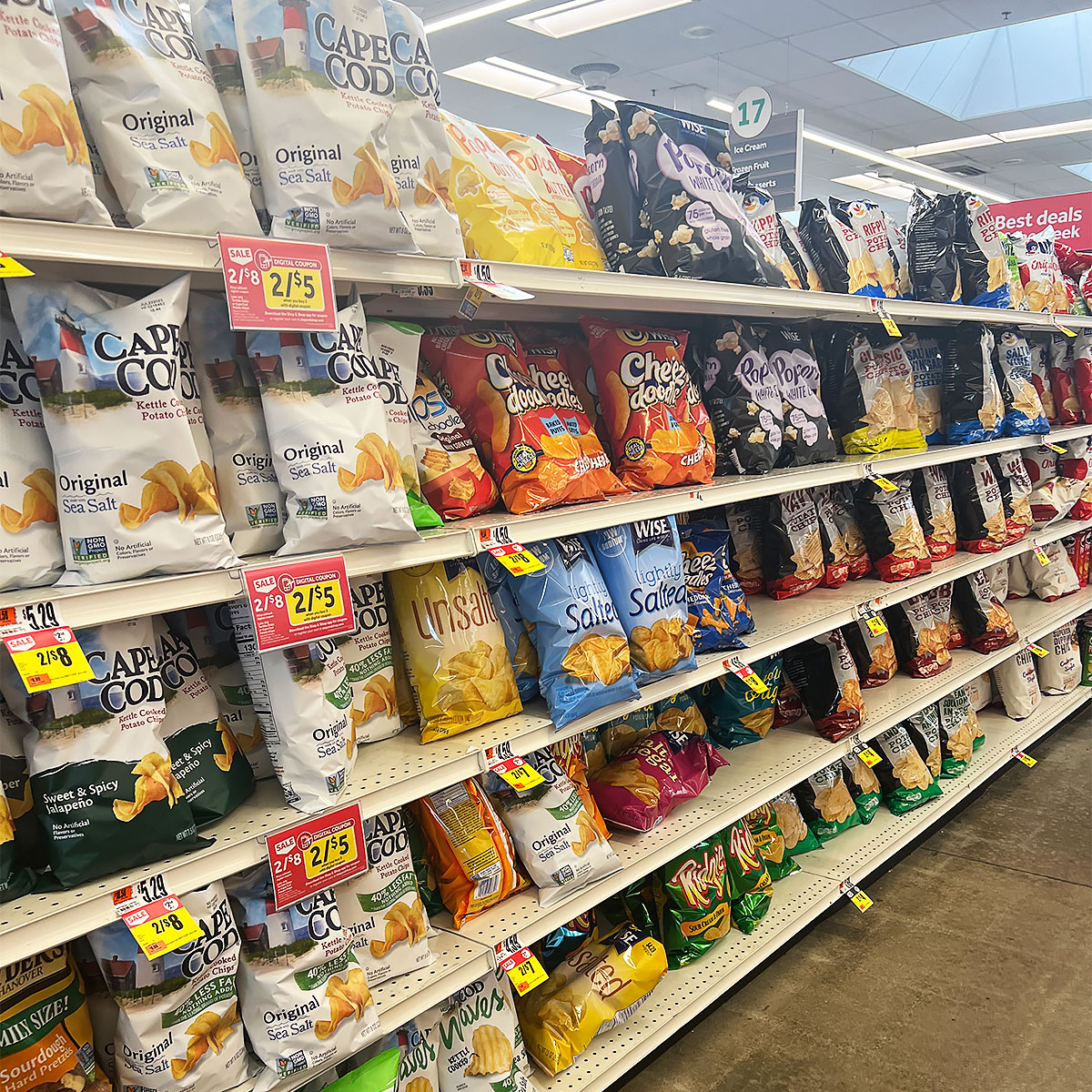
5 Processed Foods That Lead To Dull Complexions And Faster Aging, Doctors Say
1. Salty Potato Chips
Hydrating and moisturizing your skin is needed for a healthy complexion, and to age gracefully. With extremely high salt levels, potato chips are not beneficial in aiding the hydration of the skin. Eating them every day or in excess can cause wrinkles, cracks, and peeling, she warns.
"Due to osmotic pressure, salt draws water out of cells, including skin cells, leading to dry skin," Sethi explains. "Potato chips are notoriously high in salt and also contain a sizable amount of sugar," she adds.
When there is an excess of salt and glucose in the body, Sethi continues, it cross-links with collagen and elastin, "proteins that give our skin its firmness and elasticity." Elevated sugar and salt intake "hardens skin proteins, making your skin weaker, thinner and less hydrated," Sethi warns.
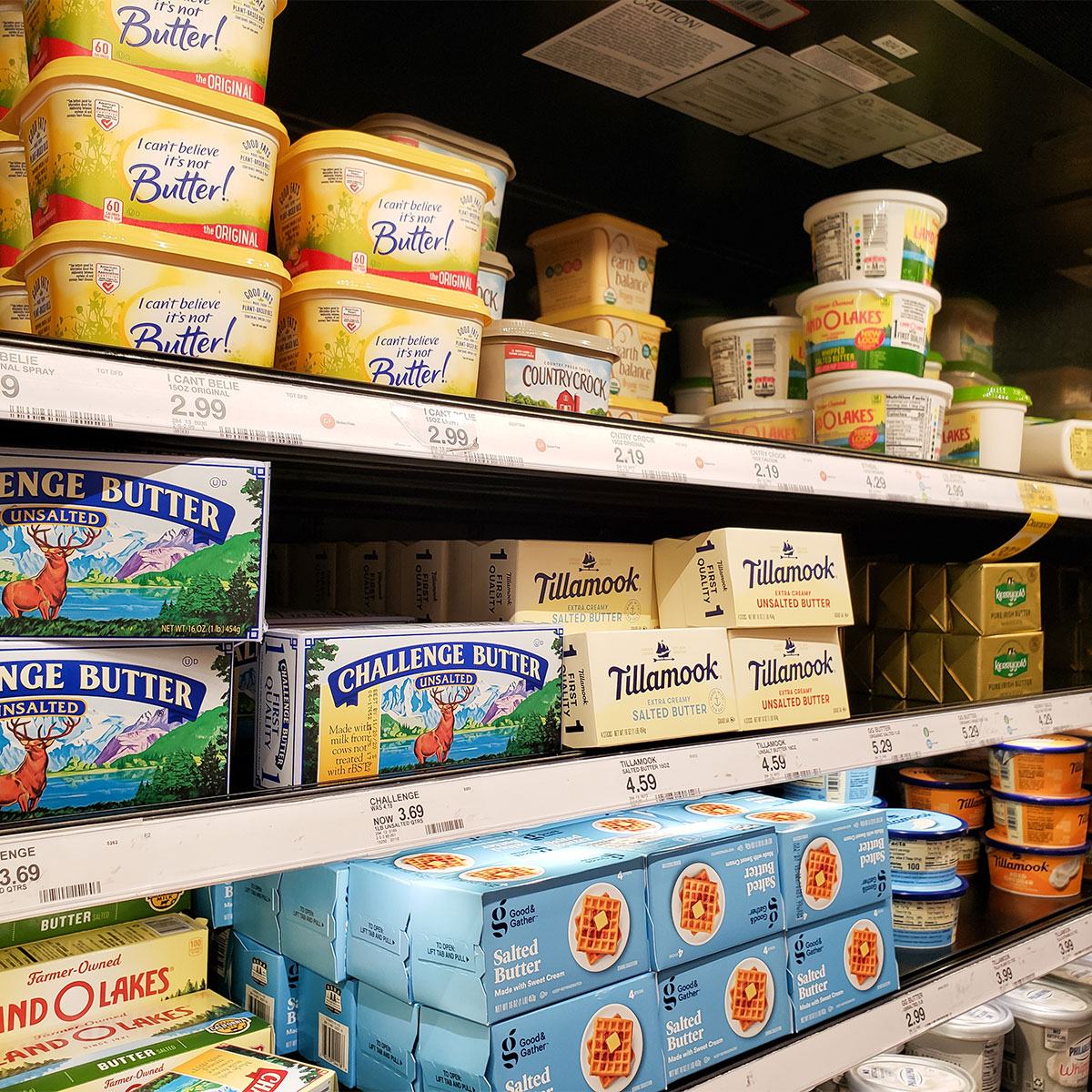
2. Full-Fat Butter & Margarine
Scientific research shows that foods "do in fact" affect our skin's oil production, Kung says. "Dairy, milk products and whey protein" in particular, she notes, "increase IGF-1, which will cause oilier skin."
While consuming enough vitamin D and calcium every day is essential for your overall health, O'Connell warns that excessive dairy can cause an even oilier and greasy-looking complexion. (And this does not mean hydrated skin, by the way, just more oil that can later clog pores and cause acne!) Newmark concurs, and says that "margarine is one food you should avoid if you want to prevent wrinkles and dry skin."
Margarine, she notes, is "frequently made with partially hydrogenated oils, one of the most prevalent trans fats." While trans fats "contribute to heart disease," she also warns that they may also accelerate the skin's aging process.
"Trans-fatty acids make the skin more susceptible to ultraviolet radiation, which can cause damage to the elastin and collagen in the skin," she goes on. Additionally, she says that "margarine can cause chronic inflammation, speeding up the formation of wrinkles."
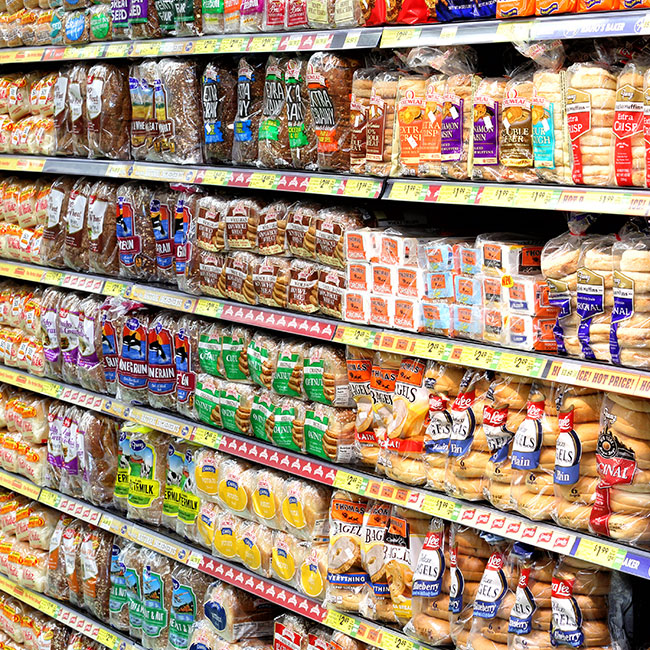
3. White Bread
Refined carbs can be found in many popular processed foods, so it's easy to obtain many of them in your diet without noticing. Eating this type of food, Qazi explains, can "stimulate sebum production."
Sebum is the "oily, waxy substance your skin naturally produces to moisturize and protect your skin," he notes. Too much sebum can "cause the skin to look oily, make your pores look more prominent, and even trap dead skin inside your pores, leading to acne and blackheads," he adds.
Highly refined carbohydrates, like those found in pastries and white bread, are "too easy for our bodies to digest, creating a chain reaction like dominos," Qazi says.
When refined carbs are digested, "they cause significant insulin spikes." He says that the spikes cause our bodies to release androgens and produce more oily skin and wrinkles.
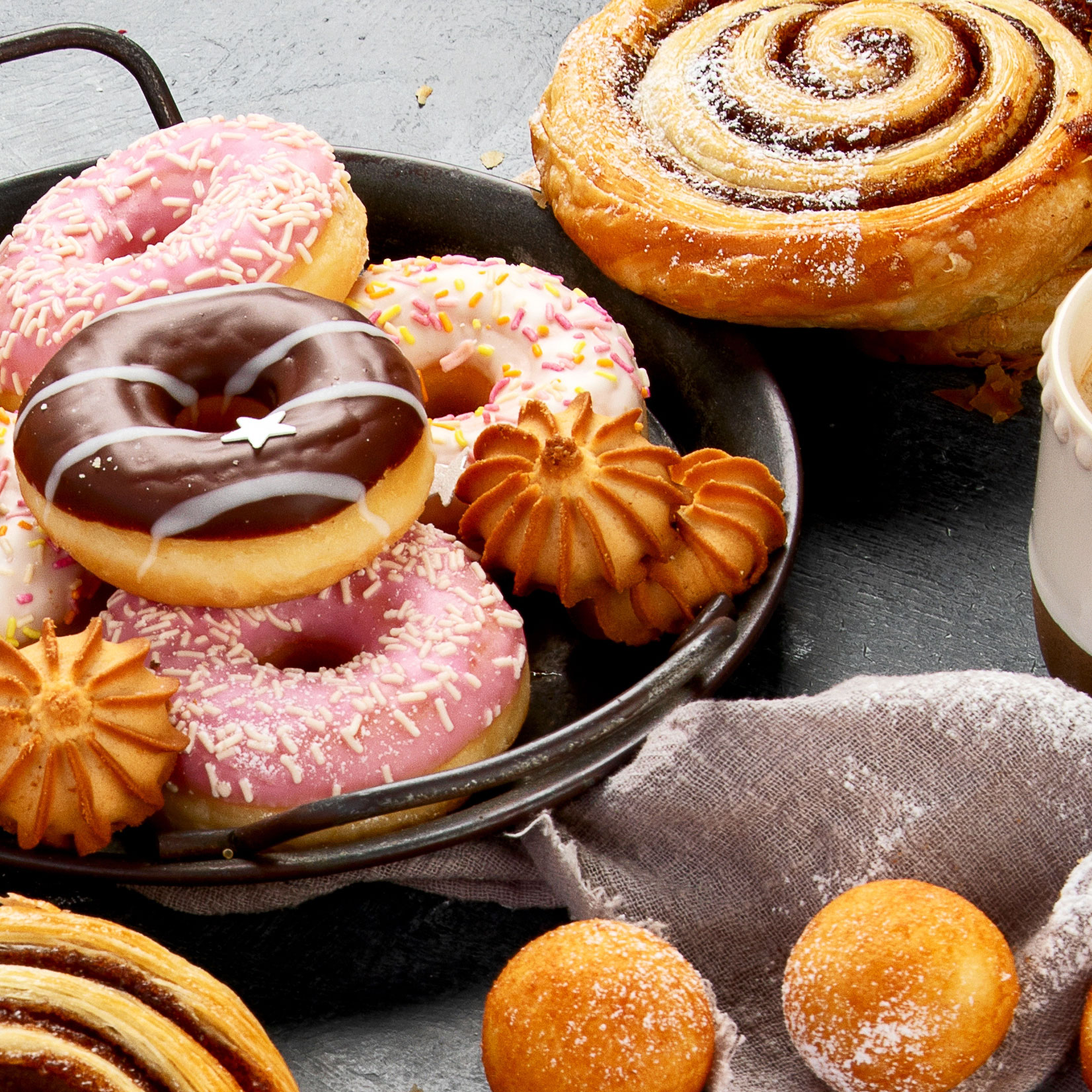
4. Breakfast Pastries
Breakfast pastries or other foods (like white bread) that come in sealed-tight plastic bags or wrappers come to mind when Kung and O'Connell are asked about foods to skip if you want to avoid oil and acne.
These ultra-processed foods, O'Connell stresses, should be limited and skipped whenever possible if you frequently experience acne-prone or dull skin. "Refined carbohydrates (often found in junk food) spike our sugar levels sending oil production into overdrive," she explains. Saturated and trans fats found in "red meat, butter, pizza, cheese and cream," she adds, increase inflammation in the skin "which stimulates oil production."
Kung adds that foods that are "high glycemic index or glycemic load" (a.k.a. sugar, juices and soft drinks, refined grains, processed foods, cured meats) can "increase free androgens and insulin growth factor 1." This in turn, she notes will increase sebum production and allow for greasier skin.
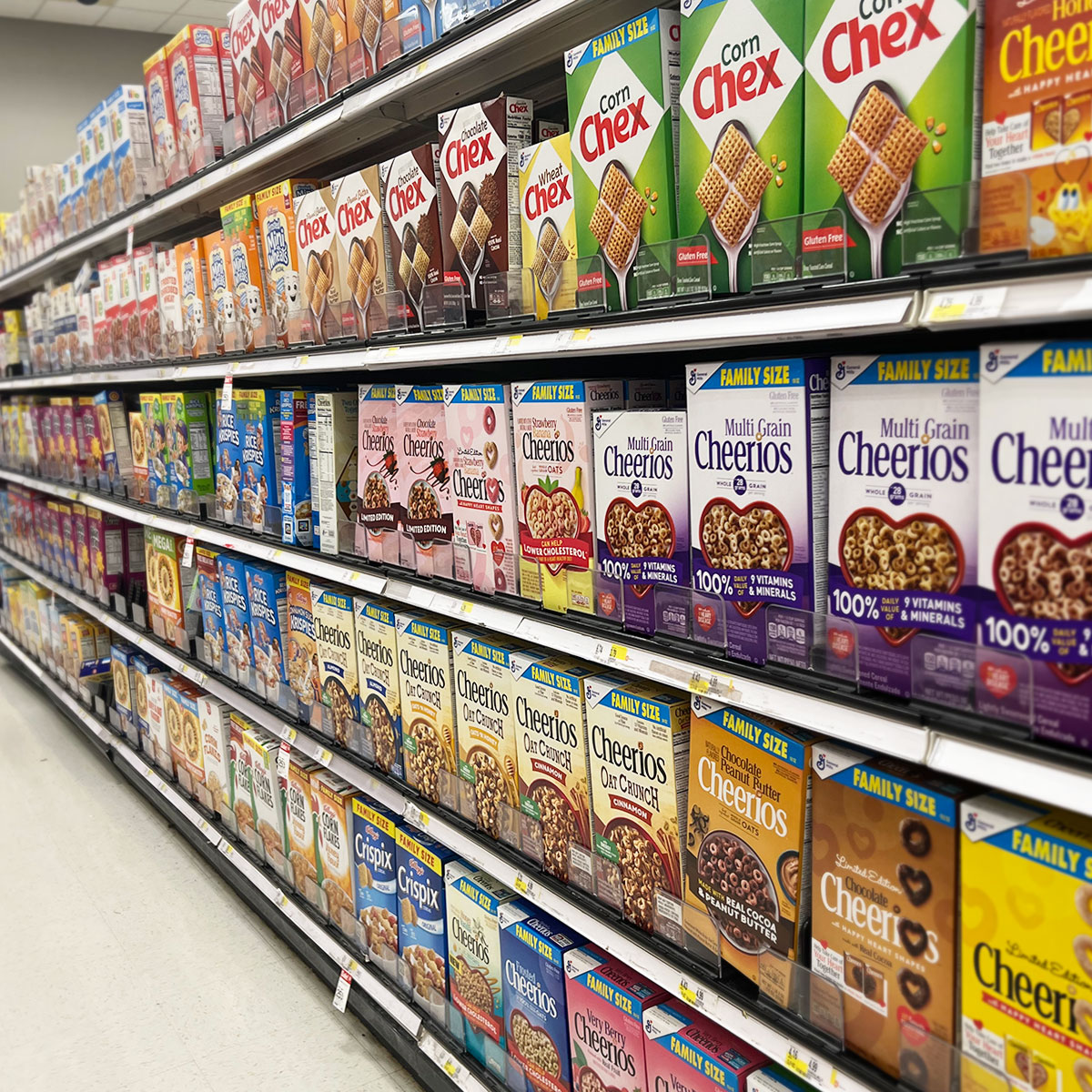
5. Sugary Cereal
Like refined carbs in the aforementioned foods, sugars can also make thinning hair and premature aging skin so much worse, Sethi says. Many processed cereals feature heavy amounts of sugar that can lead to faster hair loss and wrinkling skin.
"Excess refined sugar consumption causes intrinsic damage to collagen and elastin proteins in skin by the formation of Advanced Glycation End Products (AGEs)," she explains. "This reduces the integrity and elasticity of skin, making it prone to dehydration and wrinkling," she adds.
Alternatively, "fruits can satisfy a sweet tooth" if you're used to a sweeter breakfast, and they "also hydrate the skin due to their high water content."

Healthy Foods To Prioritize For Hydrated, Supple Skin
While having potato chips, butter, margarine, white bread or other refined carbs once in a while is fine, Sethi and Factor note that eating them (or foods like them) every day or multiple times a week without drinking enough water can wreck havoc on your complexion.
Instead of foods with salt, Sethi suggests trying to "season foods with lemon, black or red pepper and dried herbs." Sethi adds that "over time, the body will stop craving higher levels of salt while remaining more hydrated."
She also points out that "drinking at least 10 glasses of water (8 oz each) and of course, limiting consumption of such foods to once a week or less is the best way to achieve healthier looking skin."
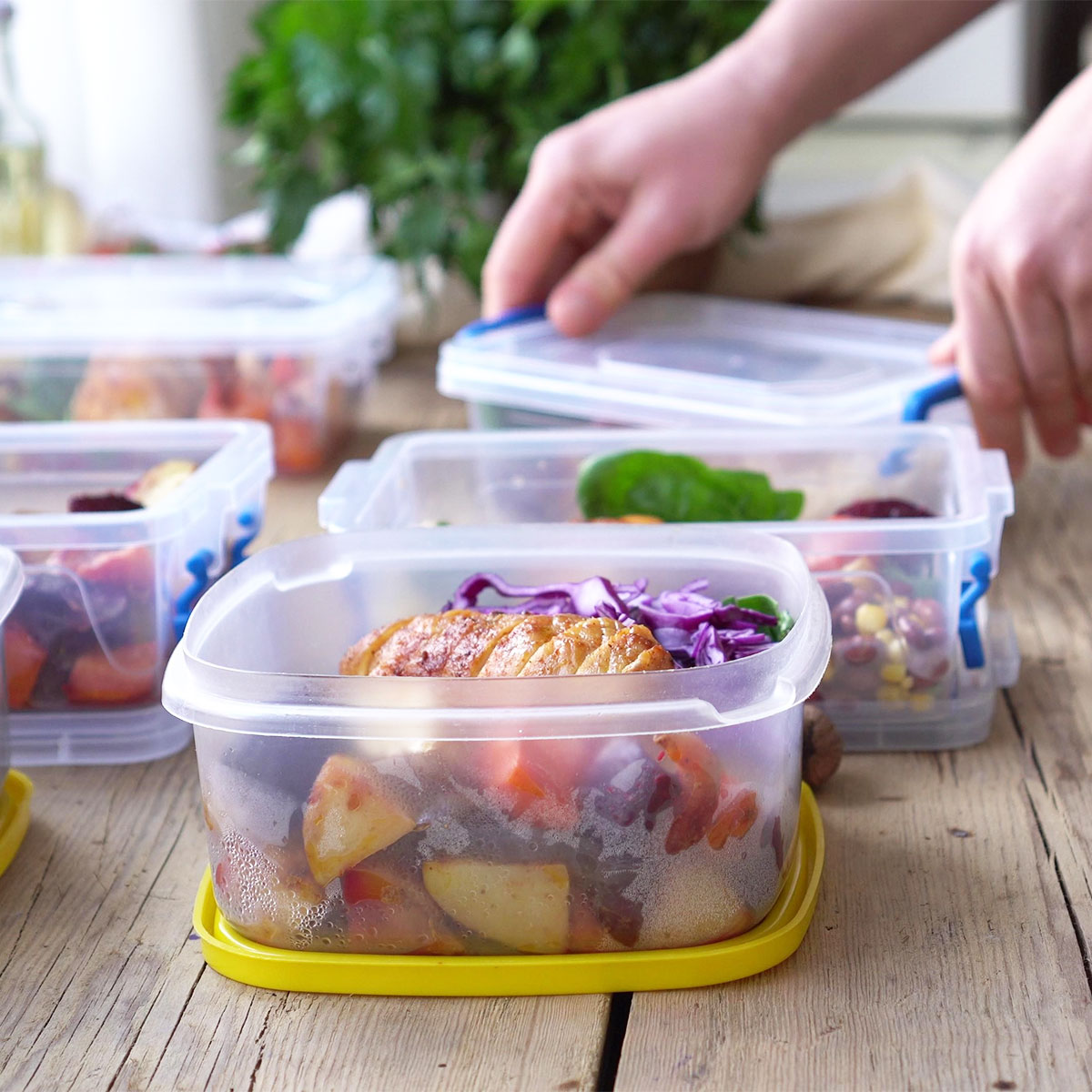
To follow a healthy diet that will "optimize skin health," Factor says "you should consume foods rich in antioxidants and anti-inflammatory properties."
The following foods all contribute to healthy, supple and hydrated skin, Factor says: "whole grains like wheat bread, brown rice, barley, millet, oatmeal and quinoa, beans." In addition, she lists: "legumes like black beans, navy beans, chickpeas, kidney beans, peas and lentils."
Factor concludes that vitamin C sources like "strawberries, red peppers, and grapefruit" are all no-fail snack choices if you want to prioritize your skin health, as well as leafy greens like "spinach and kale." These foods, she notes, are "rich in vitamin A, which is an antioxidant and nutrient that promotes healthy skin cell turnover." Good to know!








